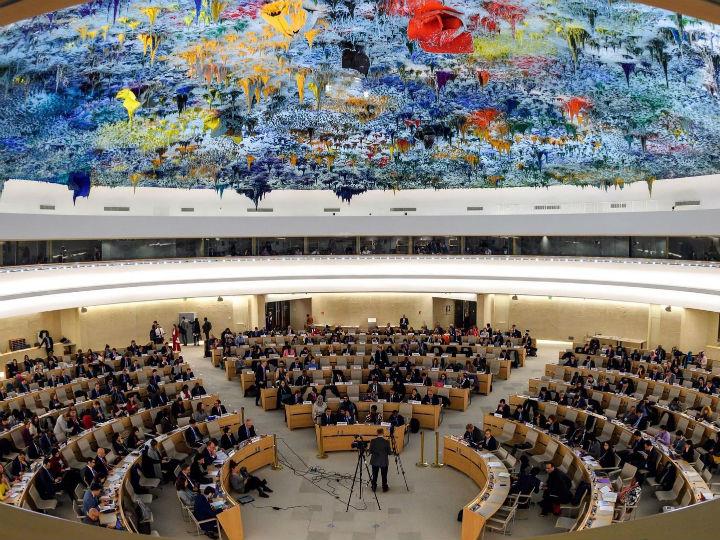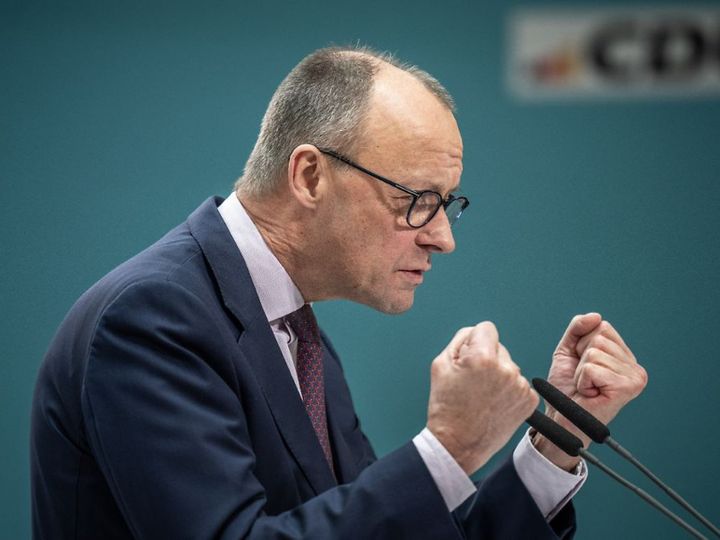by N. Peter Kramer
Cuba, China, Pakistan, Russia and Uzbekistan, all notorious for abusing human rights, are among the 14 countries elected to the United Nations Human Rights Council on October 13, bringing the proportion of nondemocratic states on the world’s top human rights promoting body to 60%. Cuba received 170 votes, or 88%, in the secret-ballot UN General Assembly. A Chinese government representative aid, that the election results reflect ‘the will of the global community’. Why shouldn’t unfree states be expected to work together to place themselves and like-minded regimes on a body that defines their legitimacy to their citizens and the world?
Human-rights organisations have denounced the predictable result: an ineffectual body that gives cover to authoritarian states. Observers say that one key fault lies with the council’s rules apportioning membership on the basis of regional groups. Critics complain that members of these groups conspire to nominate only as many candidates as they can be elected. For instance in the recent election, there were 16 candidates for 15 seats. This practice makes elections mostly non-competitive and is ‘undermining’ the council’s ‘credibility’ and ‘effectiveness’, Human Rights Watch says.
When China’s human-rights record was last examined, the delegation cited economic growth as evidence of human-right compliance and described concentration camps where as many as three million Muslims are incarcerated as ‘vocational skills education and training institutions’. At the end of the meeting, Beijing was loudly applauded, and Chinese diplomats praised the meeting format as one base on a cooperative, non-selective and non-confrontational approach.
The Human Rights Council is operating according to the rules of multilateralism: inclusivity, imposed and regulated diversity and equality among nations. These rules may be appropriate for governing international cooperation aimed at addressing specific policy problems like environmental protection, public health and poverty relief. But when applied to protecting basis political freedoms, they are a recipe for the kind of hypocrisy seen in the council’s election and, more generally, for irresponsibility, bureaucratic paralysis, compromised principles and technocratic dissociation from the immediacy of life under authoritarian leaders. Human-rights-denying regimes have thus come to understand that multilateral human-rights institutions work in their favour.
Democracies that defend liberty must recover their unilateral sovereignty, politically and philosophically, if they want to promote the universality of human rights and defend the victims denied them.






